In a significant move to bolster economic cooperation and transparency, the Ministry of Petroleum Resources, alongside three key agencies under its supervision, recently participated in the International Monetary Fund’s (IMF) Article IV Consultation in Nigeria. The agencies involved were the Nigerian Upstream Petroleum Regulatory Commission (NUPRC), the Nigerian Midstream and Downstream Petroleum Regulatory Authority (NMDPRA), and the Nigerian National Petroleum Company Limited (NNPCL). This engagement was part of a broader effort by the Federal Government to invite international expertise and insights into Nigeria’s economic sectors.
Ambassador Nicholas Agbo Ella, Permanent Secretary of the Ministry of Petroleum Resources, chaired the session and expressed gratitude to the IMF team for their continued support in fostering growth and development in Nigeria’s oil and gas sector. He emphasized the importance of collaboration and innovation in achieving tangible economic outcomes, encouraging representatives from NUPRC, NMDPRA, and NNPCL to actively engage in the consultation. The agencies presented comprehensive insights into Nigeria’s crude oil production trends and projections, highlighting that despite challenges, the country achieved an average of 88% of its projected crude oil volume. This success was attributed to reduced losses and increased output, with ongoing efforts to revive underperforming assets and improve output from flow stations to terminals.
The consultation also delved into gas production, focusing on existing infrastructure developments and investments aimed at meeting production and distribution targets. A significant aspect of the discussion centered on the recent removal of fuel subsidies by President Bola Ahmed Tinubu and strategies for ensuring long-term sustainability. There was a shared commitment to market-driven reforms and enhanced fiscal responsibility within the petroleum sector. Participants agreed that strong inter-agency collaboration, coupled with support from development partners and financial institutions, is crucial for stabilizing global oil markets and strengthening Nigeria’s energy security.
The meeting was well-attended by directors, heads of units, and staff from the Ministry of Petroleum Resources, as well as representatives from the Federal Ministry of Finance and IMF consultants. This successful engagement underscored Nigeria’s strategic commitment to transparency, sustainable growth, and international cooperation in the petroleum industry. The IMF’s involvement reflects its ongoing support for Nigeria’s economic reforms, which include unifying foreign exchange windows and enhancing monetary and exchange rate policy frameworks to support inclusive growth. The consultation aligns with broader efforts to address economic challenges such as high inflation and food insecurity, emphasizing the importance of effective social protection systems and monetary policy adjustments.

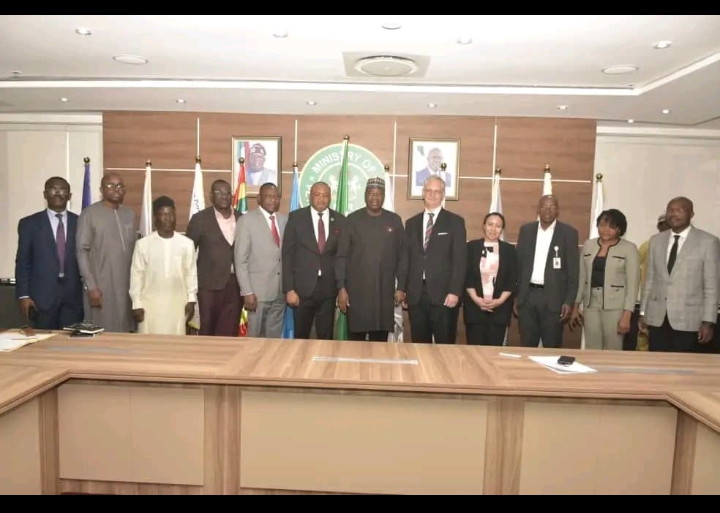
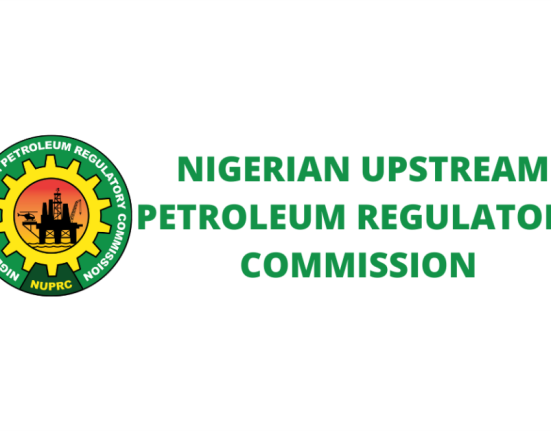

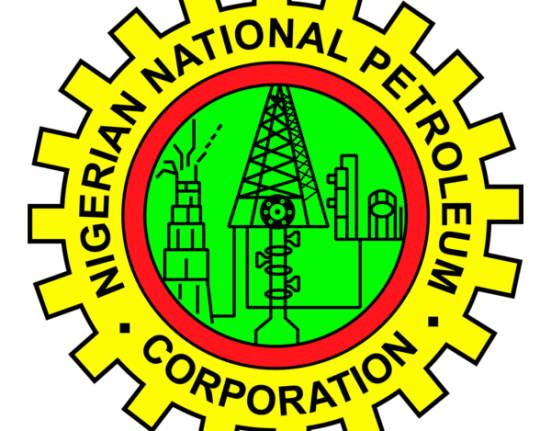
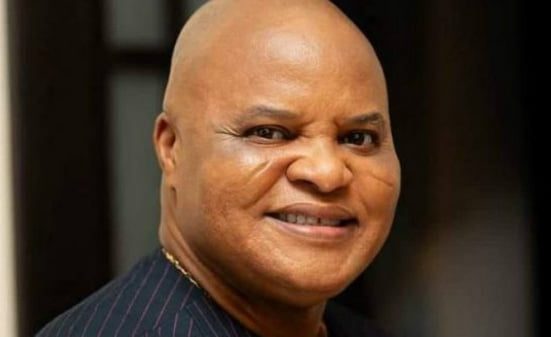
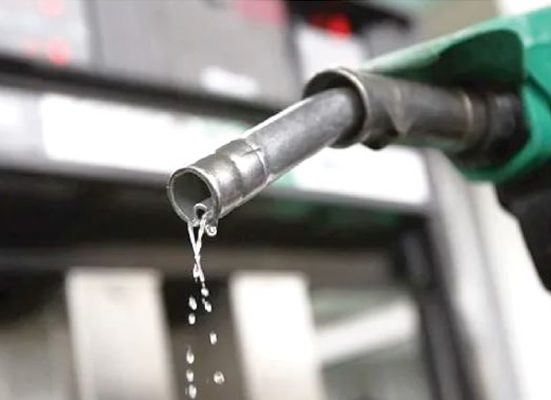
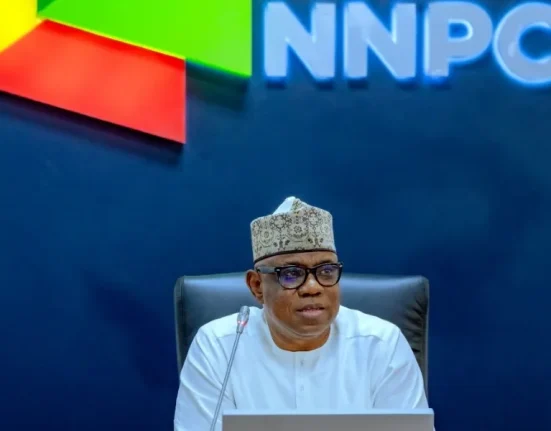
Leave feedback about this